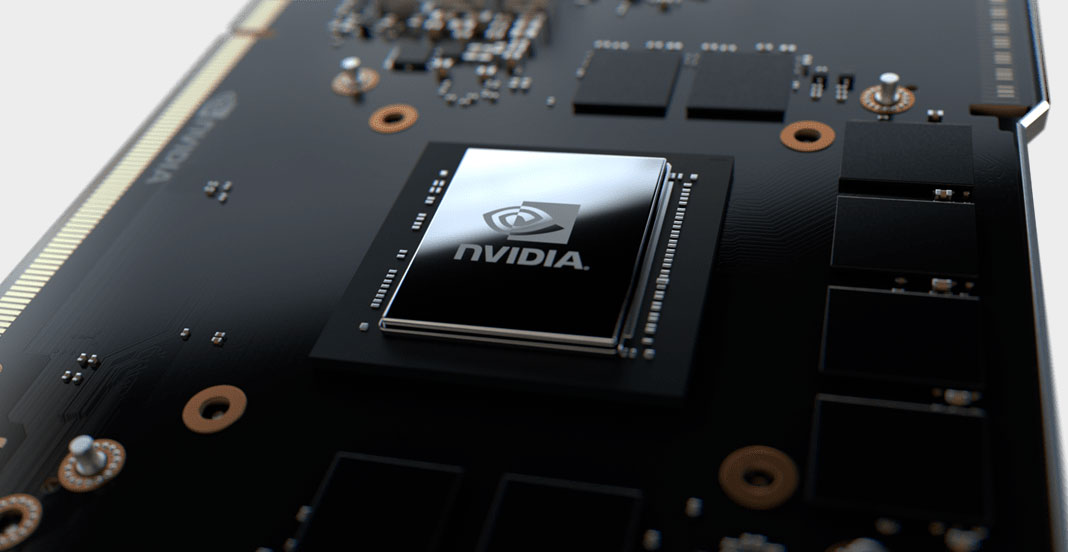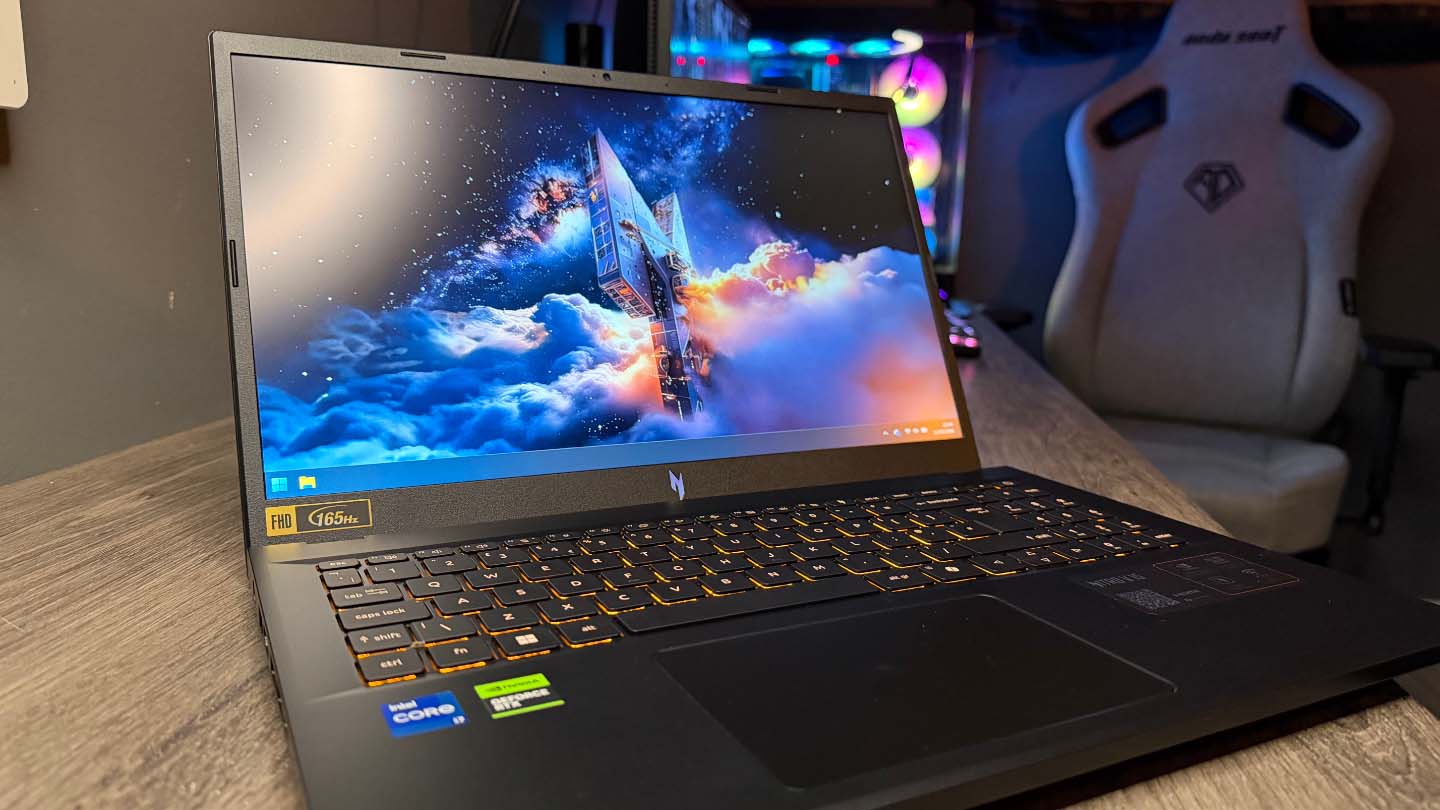Nvidia's next-gen GPUs to have a node advantage over AMD's RDNA3 GPUs
5nm? 4nm? 4A? Ok.

Keep up to date with the most important stories and the best deals, as picked by the PC Gamer team.
You are now subscribed
Your newsletter sign-up was successful
Want to add more newsletters?

Every Friday
GamesRadar+
Your weekly update on everything you could ever want to know about the games you already love, games we know you're going to love in the near future, and tales from the communities that surround them.

Every Thursday
GTA 6 O'clock
Our special GTA 6 newsletter, with breaking news, insider info, and rumor analysis from the award-winning GTA 6 O'clock experts.

Every Friday
Knowledge
From the creators of Edge: A weekly videogame industry newsletter with analysis from expert writers, guidance from professionals, and insight into what's on the horizon.

Every Thursday
The Setup
Hardware nerds unite, sign up to our free tech newsletter for a weekly digest of the hottest new tech, the latest gadgets on the test bench, and much more.

Every Wednesday
Switch 2 Spotlight
Sign up to our new Switch 2 newsletter, where we bring you the latest talking points on Nintendo's new console each week, bring you up to date on the news, and recommend what games to play.

Every Saturday
The Watchlist
Subscribe for a weekly digest of the movie and TV news that matters, direct to your inbox. From first-look trailers, interviews, reviews and explainers, we've got you covered.

Once a month
SFX
Get sneak previews, exclusive competitions and details of special events each month!
Next-gen GPU rumors are coming thick and fast. The latest is that Nvidia's upcoming RTX 40 series of graphics cards will be built with TSMC's 4nm process node, giving the series a slight advantage over the 5nm process that AMD is expected to use for its next-gen RDNA3 GPUs.
Moore's Law Is Dead (via wccftech) believes that Ada Lovelace will be built using TSMC's 4nm node. Talking about nodes can be confusing. It was thought that Nvidia would use a node referred to as 4N, which is a customized 5nm class process, however MLID specifically states '4nm'. He knows what he's talking about.
Nvidia's workstation 'Hopper' architecture is a 4nm product, but that's a very high margin product, and Nvidia can easily recoup costs from sales to secure bleeding edge wafer starts. We know Nvidia is paying a lot of money for access to TSMC's production, but is the asking price for 4nm too high for a lower margin GeForce card?
Confused? So are we. Whether Ada Lovelace ends up being a 5nm or 4nm or 4N or whatever, the vast majority of consumers won't pay any attention. As long as their chosen card performs as they expect, the node in use won't matter.
Notice I didn't mention PCIe 5.0 in my Lovelace Slides: https://t.co/n7sdIL1UkuSpeaking of "4", #NVIDIA Lovelace is indeed 4nm!🤠🎉😋 More to say on the next Broken Silicon... https://t.co/jjJ1GSod0jApril 24, 2022

Best CPU for gaming: The top chips from Intel and AMD
Best gaming motherboard: The right boards
Best graphics card: Your perfect pixel-pusher awaits
Best SSD for gaming: Get into the game ahead of the rest
Whether this means Nvidia really will have a single nanometre advantage over AMD's competing products remains to be seen, but in the end, it might not make all that much difference. Rumours point towards Ada Lovelace being very power hungry, meaning Nvidia isn't using the slight power headroom advantage it might have enjoyed as it seeks maximum performance.
There's also the possibility that AMD's chiplets design could utilize different nodes, making node comparisons a largely meaningless endeavor. Its cards are also expected to take a step up in power consumption.
All will become clear in time. RTX-40 series cards are expected to launch sometime in the second half of 2022.
Keep up to date with the most important stories and the best deals, as picked by the PC Gamer team.

Chris' gaming experiences go back to the mid-nineties when he conned his parents into buying an 'educational PC' that was conveniently overpowered to play Doom and Tie Fighter. He developed a love of extreme overclocking that destroyed his savings despite the cheaper hardware on offer via his job at a PC store. To afford more LN2 he began moonlighting as a reviewer for VR-Zone before jumping the fence to work for MSI Australia. Since then, he's gone back to journalism, enthusiastically reviewing the latest and greatest components for PC & Tech Authority, PC Powerplay and currently Australian Personal Computer magazine and PC Gamer. Chris still puts far too many hours into Borderlands 3, always striving to become a more efficient killer.

